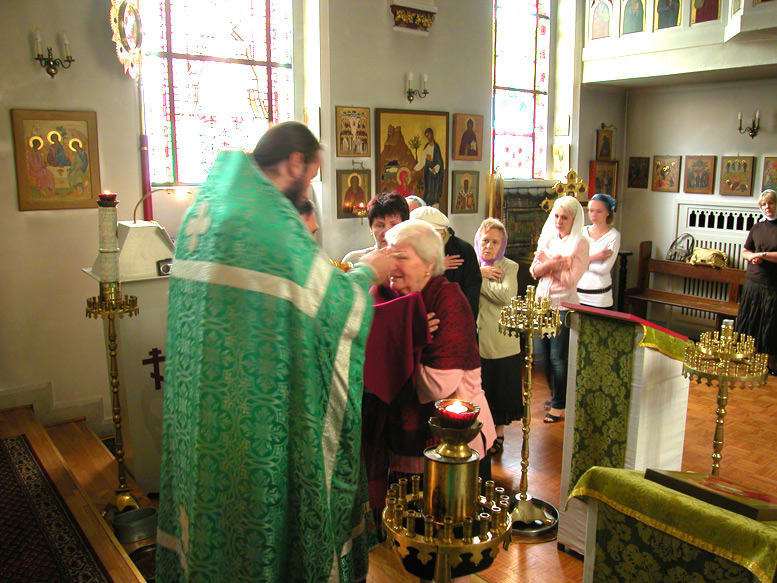
私の友人...久しぶりに聞きました、
ずっとどこにいたの、
この道をどこまで進んだのか、
そして、あなたの人生はどうでしたか?
最近騒音ばかり聞いていますか?
定義された物理法則には存在しない追加情報を表すノイズを意味します。
ただし、ノイズを誤解していても心配する必要はありません。
正しい判断は経験から得られるということを覚えておいてください。
そして経験は間違った判断から生まれる、
私がここに来たのは、もしあなたが圧倒されそうになったら、
騒音のそばで思い出の小道を旅して気づいてください、
私たちは宇宙の状態を認識することが根本的にできないということ、
真のランダム性を意味するものではありません。
私は神が導いてくださるところへ行きます。時間はかかりますが、必ずそこで会いましょう。
ずっとどこにいたの、
この道をどこまで進んだのか、
そして、あなたの人生はどうでしたか?
最近騒音ばかり聞いていますか?
定義された物理法則には存在しない追加情報を表すノイズを意味します。
ただし、ノイズを誤解していても心配する必要はありません。
正しい判断は経験から得られるということを覚えておいてください。
そして経験は間違った判断から生まれる、
私がここに来たのは、もしあなたが圧倒されそうになったら、
騒音のそばで思い出の小道を旅して気づいてください、
私たちは宇宙の状態を認識することが根本的にできないということ、
真のランダム性を意味するものではありません。
私は神が導いてくださるところへ行きます。時間はかかりますが、必ずそこで会いましょう。
My friend .. long time no hear,
Where have you been all this time,
How far have you gone on this road,
And how has been life treating you,
Have you been listening to all the noise recently,
I mean noise that represents additional information that is absent in the defined physical laws,
Though, worry not if you have misinterpreted the noise..
Just remember that good judgment comes from experience,
And experience comes from bad judgment,
I am here just to tell you that If you ever feel overwhelmed,
By the noise take a trip down memory lane and notice,
That our fundamental inability to perceive our universe’s state,
Does not imply true randomness..
I will be going where god will lead me.. take your time but make sure you meet us there..
Where have you been all this time,
How far have you gone on this road,
And how has been life treating you,
Have you been listening to all the noise recently,
I mean noise that represents additional information that is absent in the defined physical laws,
Though, worry not if you have misinterpreted the noise..
Just remember that good judgment comes from experience,
And experience comes from bad judgment,
I am here just to tell you that If you ever feel overwhelmed,
By the noise take a trip down memory lane and notice,
That our fundamental inability to perceive our universe’s state,
Does not imply true randomness..
I will be going where god will lead me.. take your time but make sure you meet us there..
生成 AI は試験運用中です。 詳細
「良い判断は経験から生まれ、経験は悪い判断から生まれる」という言葉は、カー L. ホワイト博士によるものです。
他にも同様のことを言っている人は次のとおりです。
マーク・トウェイン
「良い決断は経験から生まれる。経験は悪い決断から生まれる。」
コリン・パウエル
「良い判断は経験から生まれ、経験は悪い判断から生まれる」
リタ・メイ・ブラウン
「良い判断は経験から生まれ、経験は悪い判断から生まれる」
ウィル・ロジャース
「良い判断は経験から生まれますが、その多くは悪い判断から生まれます。」
この引用は、長期的な思考の重要性など、いくつかの理由で共感を呼びます。意思決定を行い、賢明な結論に達するには、適切な判断が重要です。
他にも同様のことを言っている人は次のとおりです。
マーク・トウェイン
「良い決断は経験から生まれる。経験は悪い決断から生まれる。」
コリン・パウエル
「良い判断は経験から生まれ、経験は悪い判断から生まれる」
リタ・メイ・ブラウン
「良い判断は経験から生まれ、経験は悪い判断から生まれる」
ウィル・ロジャース
「良い判断は経験から生まれますが、その多くは悪い判断から生まれます。」
この引用は、長期的な思考の重要性など、いくつかの理由で共感を呼びます。意思決定を行い、賢明な結論に達するには、適切な判断が重要です。
生成 AI は試験運用中です。 詳細
The quote "Good judgment comes from experience; experience comes from bad judgment" is attributed to Dr. Kerr L. White.
Other people who have said similar things include:
- Mark Twain"Good decisions come from experience. Experience comes from bad decisions"
- Colin Powell"Good judgment comes from experience, and experience comes from bad judgment"
- Rita Mae Brown"Good judgment comes from experience, and experience comes from bad judgment"
- Will Rogers"Good judgment comes from experience, and a lot of that comes from bad judgment"
The quote can resonate for a few reasons, including the importance of long-term thinking.Good judgment is important for making decisions and coming to sensible conclusions.
完全性への正しい道は、運命的な回り道と間違った方向転換で構成されています。
私自身は、自分の意見を変えたことを少しも恥じていません。
必要なことは、真理を知ることではなく、それを経験することである。














